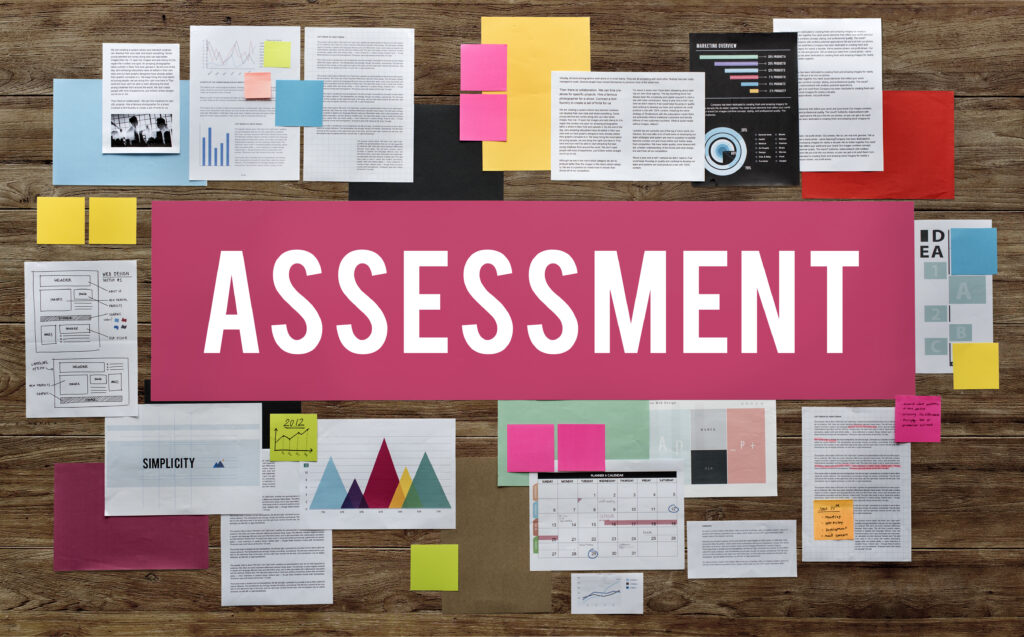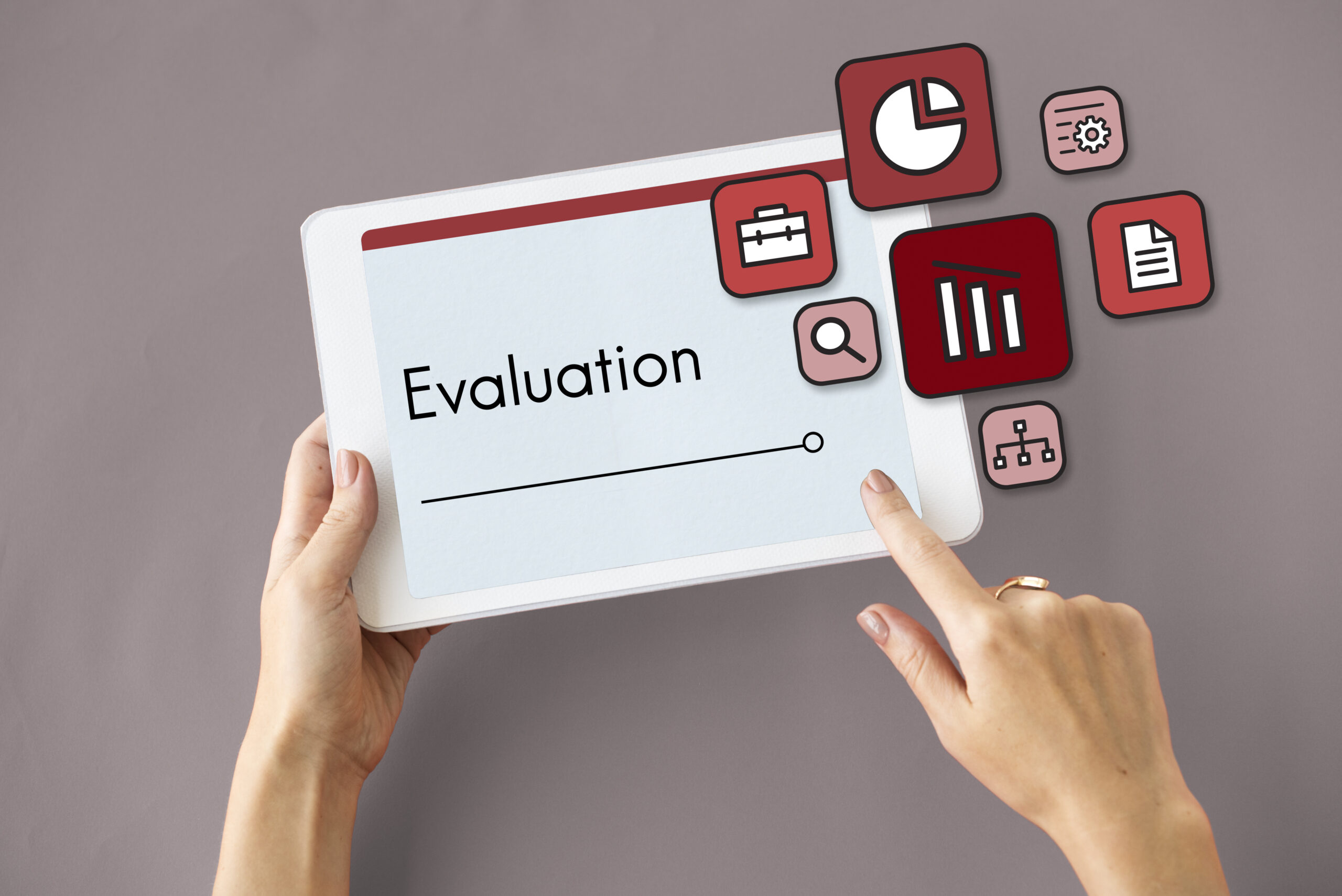Australia’s skilled migration system opens doors for qualified professionals seeking new opportunities. The system operates on a merit-based approach, designed to attract individuals with specific skills and qualifications that contribute to the Australian workforce.
At the heart of this system lies a critical requirement: skills assessment. Before you can apply for a skilled migration visa, you must obtain a positive assessment of your qualifications and work experience from an authorized Australian assessing authority.
This assessment serves multiple purposes:
- Validates your educational qualifications against Australian standards
- Confirms your professional competency
- Ensures your skills meet industry requirements
- Verifies your work experience
A successful skills assessment acts as your gateway to Australian skilled migration. Without this crucial validation, your visa application cannot proceed, regardless of other qualifications or achievements you may hold.
The assessment process varies depending on your profession, with different authorities responsible for specific occupational categories. Understanding these requirements and preparing accordingly can significantly impact the success of your migration journey.
Understanding Skills Assessment for Skilled Migration

Skills assessment is an important verification process in Australia’s migration system. It determines whether your qualifications and experience meet Australian standards. This assessment ensures that you have the necessary expertise to work effectively in your chosen occupation.
Core Purpose of Skills Assessment:
- Validates your educational qualifications against Australian standards
- Confirms your professional competency levels
- Ensures your skills meet industry requirements
- Protects Australian workplace standards
Skills assessing authorities are crucial in this evaluation process. These organizations, authorized by the Australian government, conduct thorough assessments of your credentials and work history. Each authority specializes in specific occupational fields, applying rigorous evaluation criteria to maintain professional standards across industries.
Key Components Under Evaluation:
- Educational Qualifications
- Work Experience
- Professional Development
The assessment process examines both theoretical knowledge and practical application of skills in your field. Your qualifications undergo comparison with the Australian Qualification Framework (AQF) to determine equivalency, while your work experience receives scrutiny to verify its relevance and depth in your nominated occupation.
Key Skills Assessing Authorities in Australia
Australia’s skilled migration program relies on specialized assessment authorities to evaluate professional qualifications. Each authority focuses on specific occupational groups and maintains strict assessment standards aligned with Australian industry requirements.
Major Assessing Authorities and Their Domains:
- Australian Computer Society (ACS) – Assesses ICT professionals, including software developers, systems analysts, and network engineers
- Engineers Australia– Evaluates engineering qualifications across all disciplines
- VETASSESS – Assesses a broad range of general professional occupations and 27 specific trade occupations.
- CPA Australia – Assesses accounting professionals for migration purposes.
Note: Provisional skills assessments are no longer offered as of 15 June 2024. - Australian Institute of Teaching and School Leadership (AITSL) – Evaluates teaching qualifications
- Australian Medical Council (AMC) – Conducts skills assessments for international medical graduates. The Medical Board of Australia handles subsequent registration.
Finding Your Assessing Authority
Your ANZSCO code determines which authority will assess your skills. To identify your authority:
Check the Department of Home Affairs website to match your code with the designated assessing authority
Locate your occupation on the Skilled Occupation List
Note your 6-digit ANZSCO code
How Migration Star Helps:
At Migration Star, we help you identify the right assessing authority based on your occupation and ANZSCO code. We ensure you’re matched with the correct pathway and fully understand the requirements of the specific authority that will evaluate your case. Our team stays updated on changing assessment criteria, so you don’t miss critical updates that could impact your migration timeline.
Whether you’re in IT, healthcare, education, trades, or finance, we guide you through the authority’s expectations and support you in assembling the right documents to meet their standards.
The Skills Assessment Process Explained
The skills assessment process follows a structured pathway designed to evaluate your qualifications against Australian standards.
At Migration Star, we simplify the skills assessment process by guiding you through each stage, starting from choosing the right assessing authority to handling the final outcome.
We assist you with:
- Creating your online application profile
- Submitting certified documentation
- Monitoring timelines and following up with the assessing authority on your behalf
- Responding to any requests for additional information
Our goal is to eliminate confusion, avoid delays, and increase your chances of receiving a positive assessment, so you can move forward confidently with your visa application.
Different Assessment Pathways for Applicants
Skills assessing authorities in Australia offer multiple pathways to accommodate diverse educational backgrounds and professional experiences. Your chosen pathway depends on your qualifications, work experience, and country of education.
1. Accredited Qualification Pathway
Washington Accord: For engineering degrees (usually 4-year Bachelor programs) from accredited institutions in member countries (e.g., USA, UK, Canada, India, etc.).
Sydney Accord: Covers 3-year engineering technology qualifications.
Dublin Accord: Recognizes engineering technician qualifications.
Key Benefit: Qualifications are automatically recognized, simplifying the skills assessment with minimal additional documentation.
2. Competency Demonstration Report (CDR) Pathway
Primarily for Engineers. Required for applicants with non-accredited qualifications (e.g., from non-Accord countries or institutions).
Must submit:
- Three Career Episodes describing engineering projects/tasks.
- Summary Statement mapping experiences to competency elements.
- Continuing Professional Development (CPD) list.
Purpose: To demonstrate core engineering competencies based on Engineers Australia’s standards.
3. Skills Assessment for Work Experience
Recognition of Prior Learning (RPL) – Mainly used by ACS for ICT professionals.
Suited for:
- Applicants with non-ICT qualifications or no formal qualifications.
- Requires detailed documentation of skills gained through employment
Key components:
- RPL Form with 2 detailed project reports.
- Verified work references and timeline of employment.
4. Professional Year Program
Available to recent graduates (within the last 2 years) of ICT, Engineering, and Accounting from Australian institutions.
Combines:
- Formal training in workplace preparation.
- Internship with an Australian company.
Benefits:
- Enhances employability.
- Grants 5 additional points for skilled migration under General Skilled Migration (GSM) visa subclasses.
Preparing for Your Skills Assessment

A well-organized documentation package strengthens your skills assessment application.
At Migration Star, we know that preparing for a skills assessment can be overwhelming, especially when dealing with strict requirements and tight timelines. That’s why we offer hands-on support at every step of your preparation.
Our team helps you:
- Gather and review all required documentation, including transcripts, reference letters, and employment evidence
- Ensure that your documents meet the exact formatting and certification standards of your assessing authority
- Provide checklists and personalized guidance so you don’t miss any critical elements
- Translate and verify non-English documents through accredited services
With our help, your documentation package is not just complete—it’s optimized for a successful outcome.
Conclusion
Navigating Australia’s skills assessment process can be complex, but it’s also one of the most critical steps toward your migration success. A well-prepared application not only speeds up the process but significantly boosts your chances of approval.
At Migration Star, we’re here to make that journey smoother. From organizing your documents and selecting the right assessment pathway to managing communication with assessing authorities, we offer expert, personalized support every step of the way.
Let Migration Star be your trusted partner in turning your qualifications into a successful migration outcome—and your dreams into reality.
